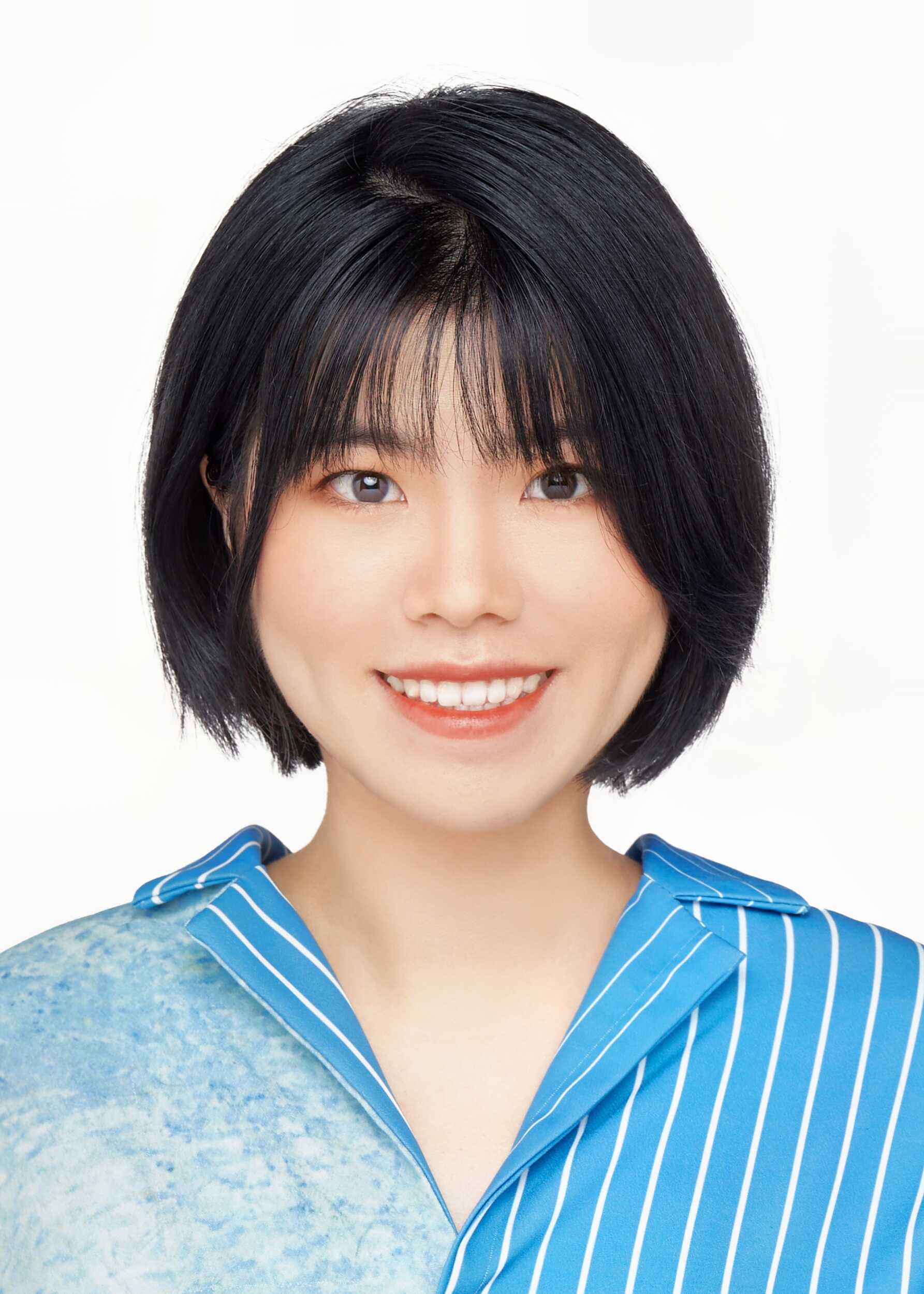People
Faculty
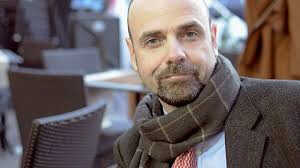
Gustavo Piga
Gustavo Piga, Ph. D. in Economics at Columbia University, is Full Professor of Economics at the University of Rome Tor Vergata, where he chairs the International Master in Public Procurement Management and the Bachelor degree in English in Global Governance. He has chaired the Italian Procurement Agency for Goods and Services, Consip Ltd., between 2002 and 2005. He is the author of the controversial 2001 report on Derivatives in Public Debt Management. He is the editor of several books, among which the Handbook of Procurement, Cambridge University Press, with Nicola Dimitri and Giancarlo Spagnolo and Revisiting Keynes - Economic Possibilities for our Grandchildren, MIT Press, with Lorenzo Pecchi. He is the author of the recent book “L’interregno” by Hoepli on the European crisis. He is also the co-editor of the European Journal of Public Procurement Markets and member of the Scientific Committee of the Italian Parliamentary Budget Office.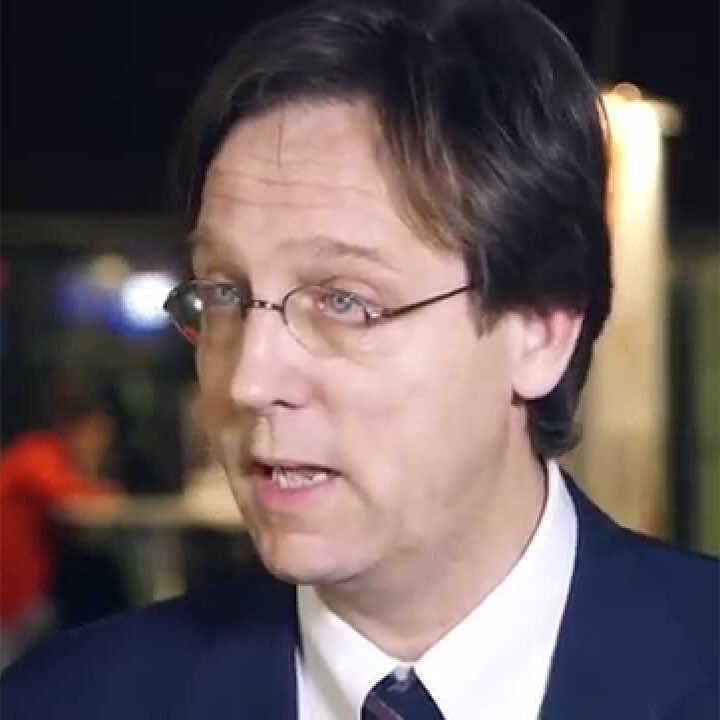
Simone Borra
Simone Borra is associate professor of Statistics in the Economics Department of University of Rome Tor Vergata. He teaches graduate courses in Business Statistics, Business Intelligence & Data Mining, and Statistical methods for management. Simone is the coordinator of a one year post graduate Master in Customer Experience, Statistics, Machine Learning & Artificial Intelligence with the partnership of SAS Institute and Accenture. His main research interests are in Statistical methods for Machine Learning and Nonparametric methods to measure prediction error.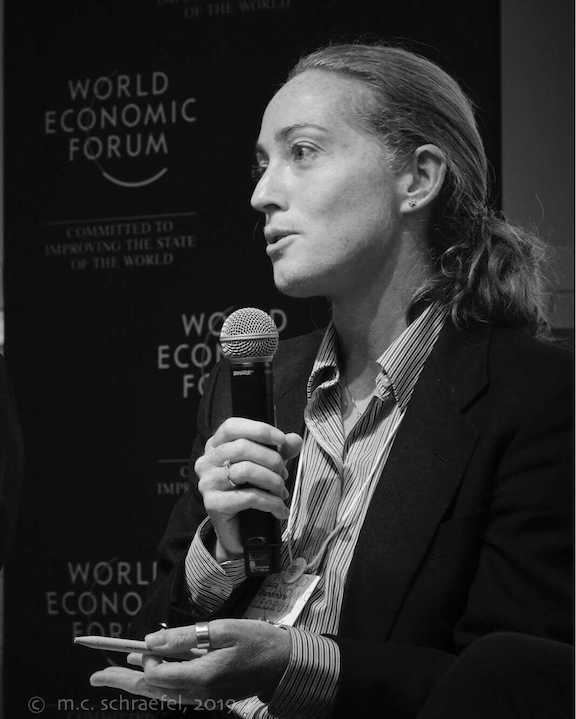
Laura Brandimarte
Laura Brandimarte is an Assistant Professor of Management Information Systems at the University of Arizona. She obtained her Master of Science in Economics at the London School of Economics and her PhD in Public Policy and Management, with a specialization in Behavioral Sciences, at Carnegie Mellon University, where she continued her academic career as a Post-doctoral Fellow. Her research and teaching interests focus on behavioral aspects of privacy and security decision making, privacy as self-determination, algorithmic bias, and disinformation. Her work was published in several leading academic journals, including Science, the Journal of Consumer Psychology, the Journal of Experimental Psychology - General, and the ACM Computing Surveys.Speakers
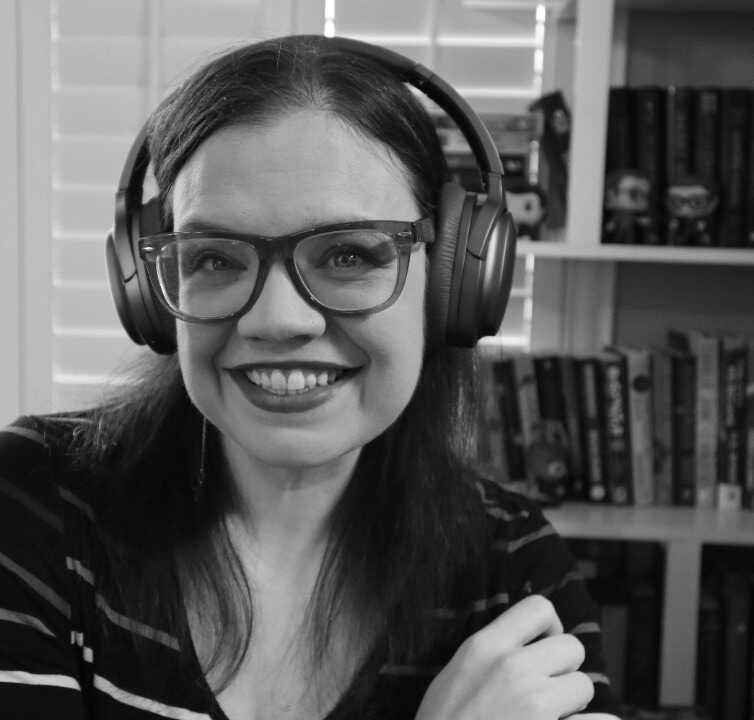
Casey Fiesler
Casey Fiesler is an associate professor in Information Science (and Computer Science by courtesy) at University of Colorado Boulder. She researches and teaches in the areas of technology ethics, internet law and policy, and online communities. Her work on research ethics for data science, ethics education in computing, and broadening participation in computing is supported by the National Science Foundation, and she is the recipient of an NSF CAREER Award. Also a public scholar, she is a frequent commentator and speaker on topics of technology ethics and policy, and her research has been covered everywhere from The New York Times to Teen Vogue, but she's most proud of her TikToks. She holds a PhD in Human-Centered Computing from Georgia Tech and a JD from Vanderbilt Law School.Teaching Assistants
Alessio Huma
Tech Enthusiast, Alessio Huma is a Global Governance undergraduate at the University of Rome Tor Vergata.Niranjan Nair Reghuvaran
Niranjan Nair Reghuvaran, commonly known as Pachu, is a Global Governance undergraduate at the University of Rome Tor Vergata.Vlad Cristinel Simon
Vlad is a Computer Science undergraduate at the University of Rome Tor Vergata.Participants
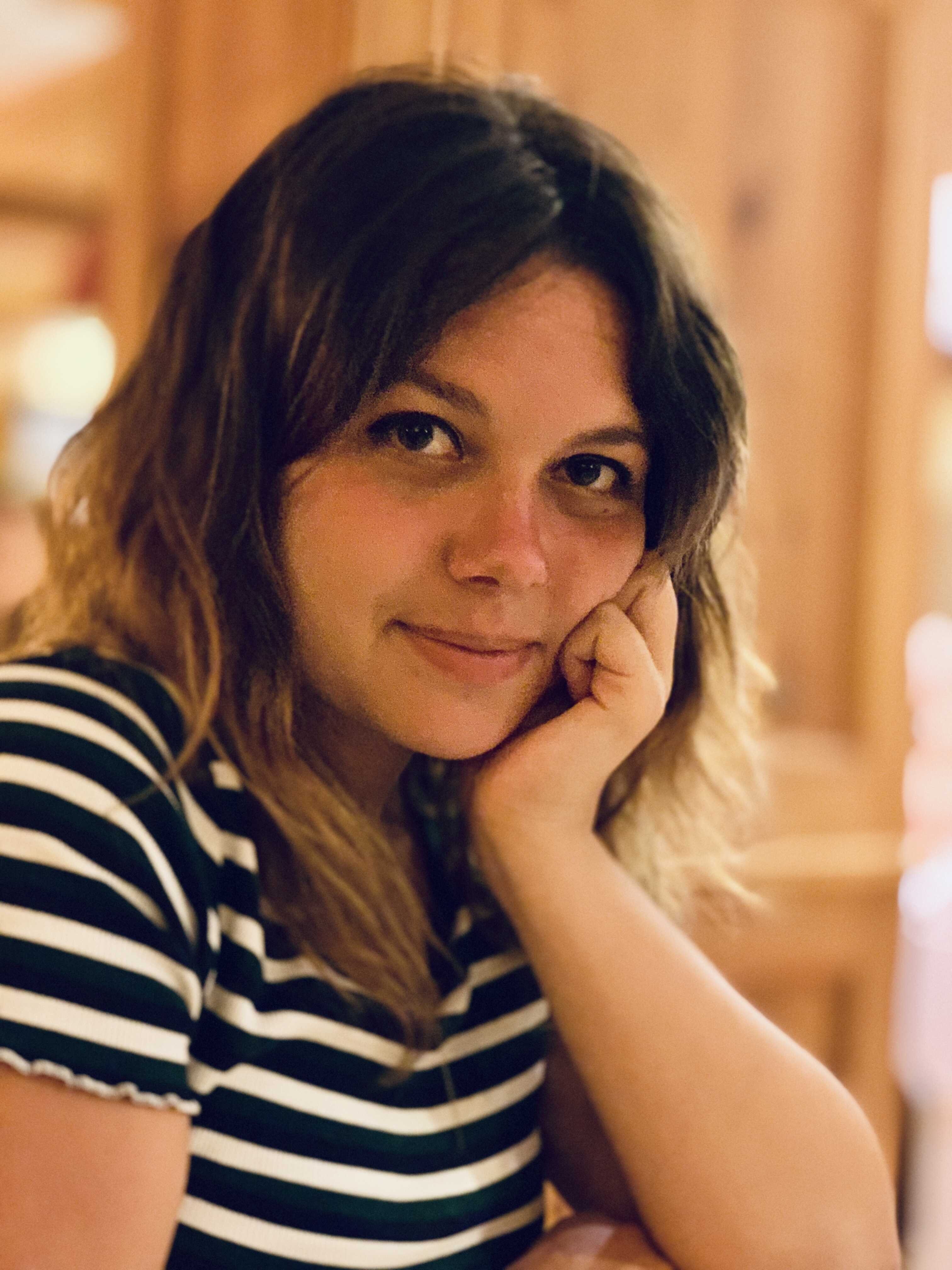
Ariana Mrereju
My name is Ariana Alexandra Stefania Mrejeru and I’m 21 years old. Currently I’m a student enrolled in Global Governance B.A. at university of Tor Vergata in Rome. One of my biggest passions is investigating my surroundings and understanding the reasons and the factors influencing specific situations. I value awareness and I think multidisciplinarity is the best way to achieve it. As said before, I’m still a student and so I’m still projecting my future day by day. Now I’m not able to clearly say what I want to do one day, but I can definitely answer what kind of person I want to be in the next few years. I would like to help people, working on society's dynamics. Although I'm still not sure how to do it, I strongly believe in cooperation and awareness as the means to achieve freedom.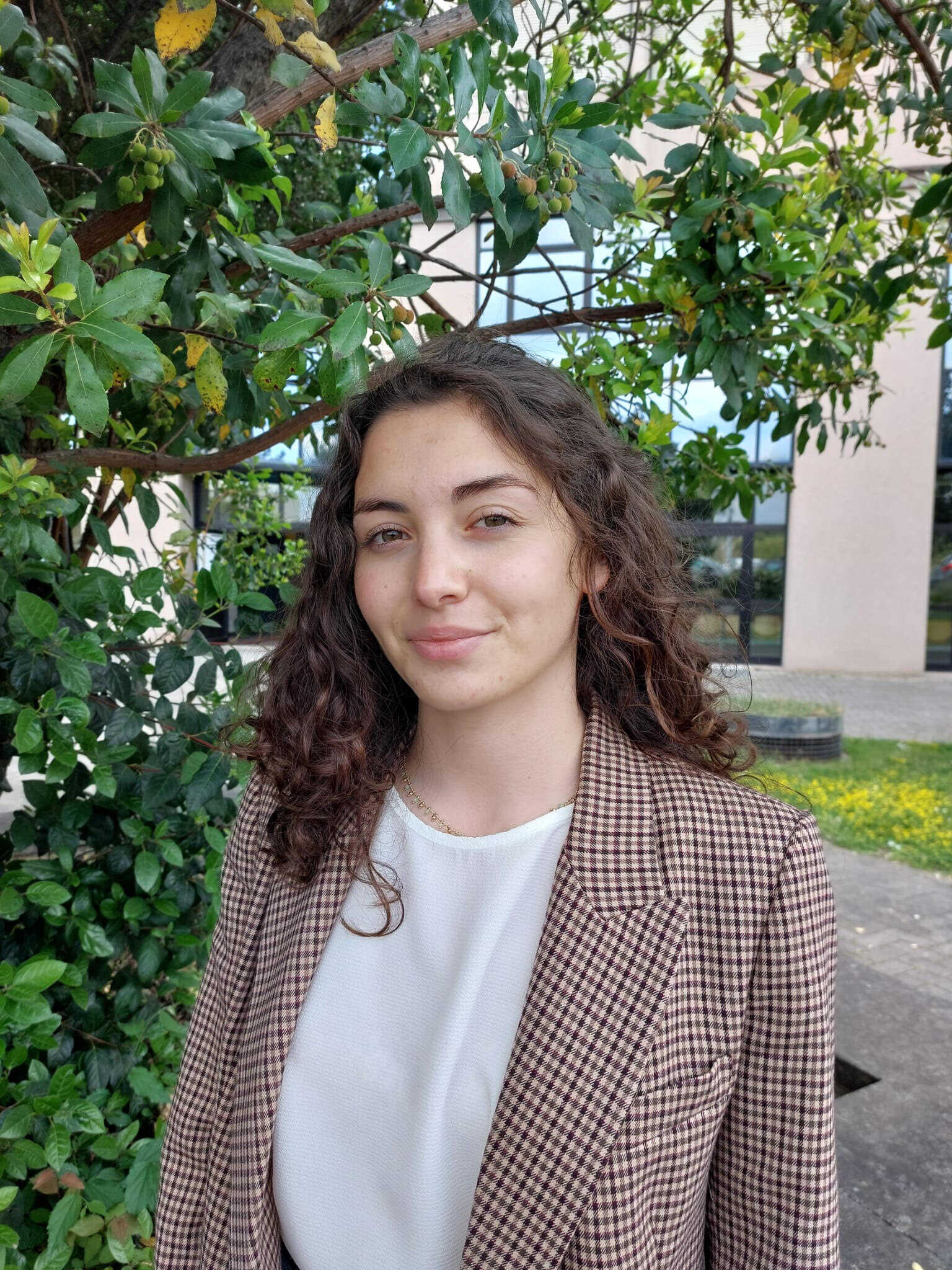
Camilla D’Onofrio
I am a second-year student from the Undergraduate Degree in Global Governance, at the University of Rome Tor Vergata, currently majoring in Economics and Philosophy. I have attended a classical high school, focusing on humanities courses like Philosophy, Latin, and Ancient Greek. By studying Economics and Statistics, I developed a fascination for applied economic research. I became interested in learning more about decision-making processes and how economics influences them, also considering ethical and psychological implications. In the future, I would like to pursue a Master’s Degree in Behavioral Economics, with a specific focus on the role played by this field in evidence-based policymaking. In addition, I am presently volunteering as a marketing team leader in Aiesec in Roma Tor Vergata, which has helped me build my leadership abilities and boost soft skills such as public speaking, problem-solving, time management, and teamwork.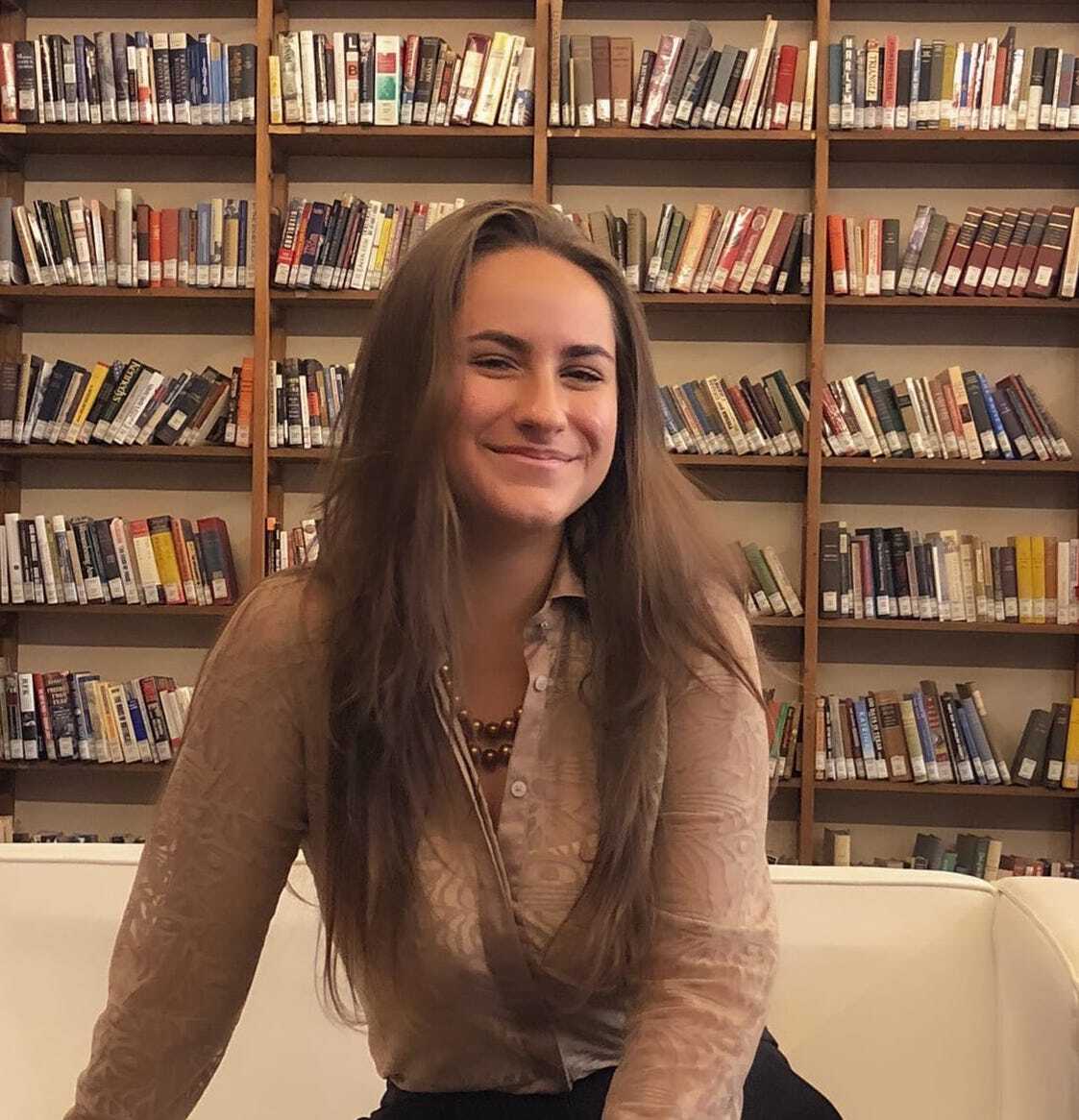
Cecilia Lisi
My name is Cecilia and I live in Rome, Italy. I consider myself a curious, determined and dynamic woman involved in being an active part in this modern, digital and globalized society. I believe that there are no limits when we talk about knowledge and skills that someone can acquire and that is exactly my goal for the future: never stop learning. By striving for excellence through active leadership, my objectives are to empower others and become a world citizen. Having attended a scientific high school and being part of a multidisciplinary Bachelor (Global Governance) helped me to master many topics from the more philosophical to the more mathematical ones, and I believe that this program would advantage me in the process of upgrading my skills and comprehension not only on the topic to be discussed but also on the field of Behavioral Economics, which I would love to master during my future career.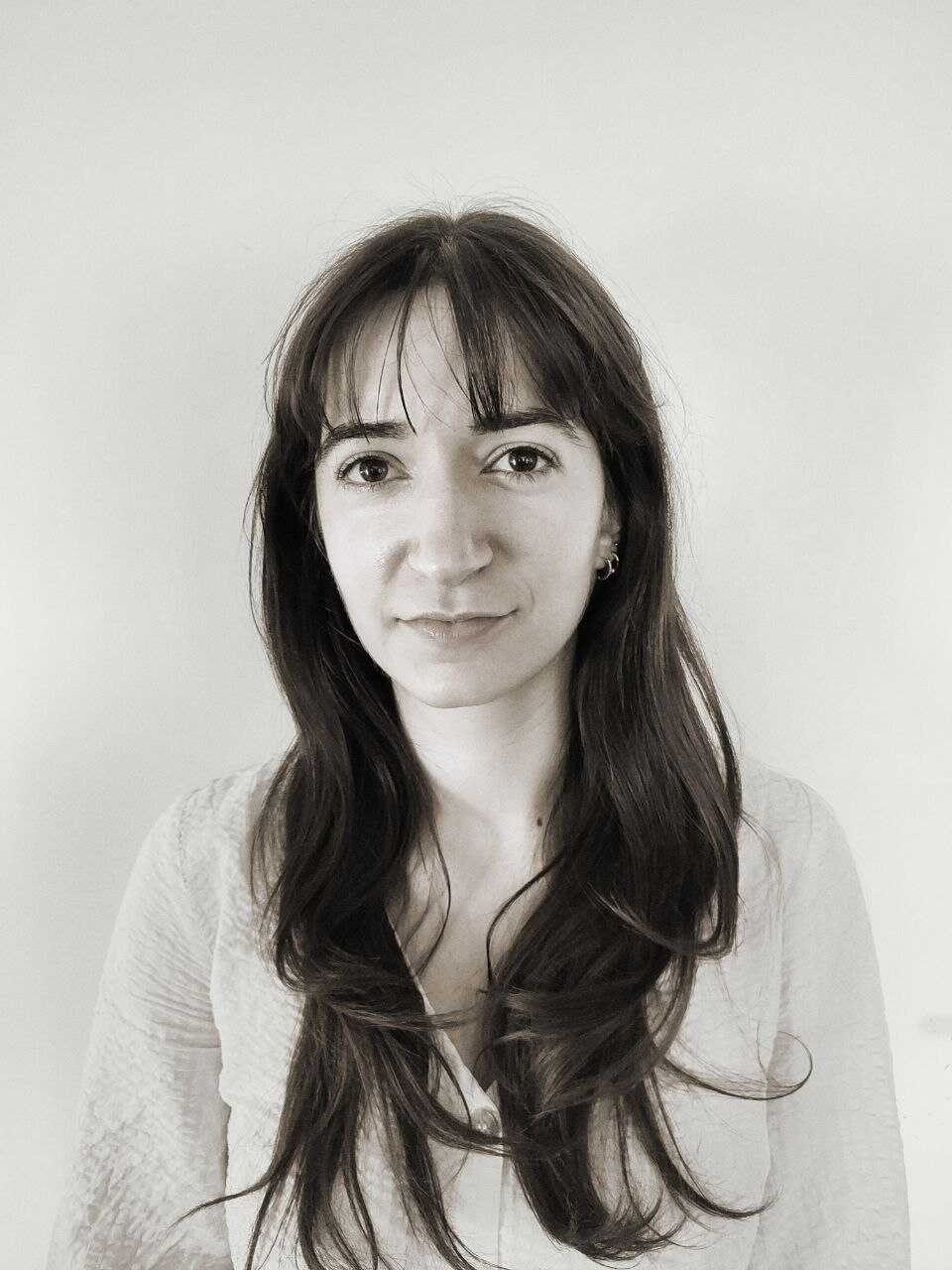
Clémence Maquet
I am a 23 year old French student with a background in literature and humanities `classes préparatoires`. As a student of Global Governance at the University of Rome Tor Vergata and dual degree student in HSE Saint Petersburg, I found my way in interdisciplinarity, and specifically the union of social sciences, law and new technologies. Having worked for a year as a tech journalist in France and realising my thesis about the patriarchal structures of social media, I have a passion for investigating online phenomena and behaviour, particularly on social networks.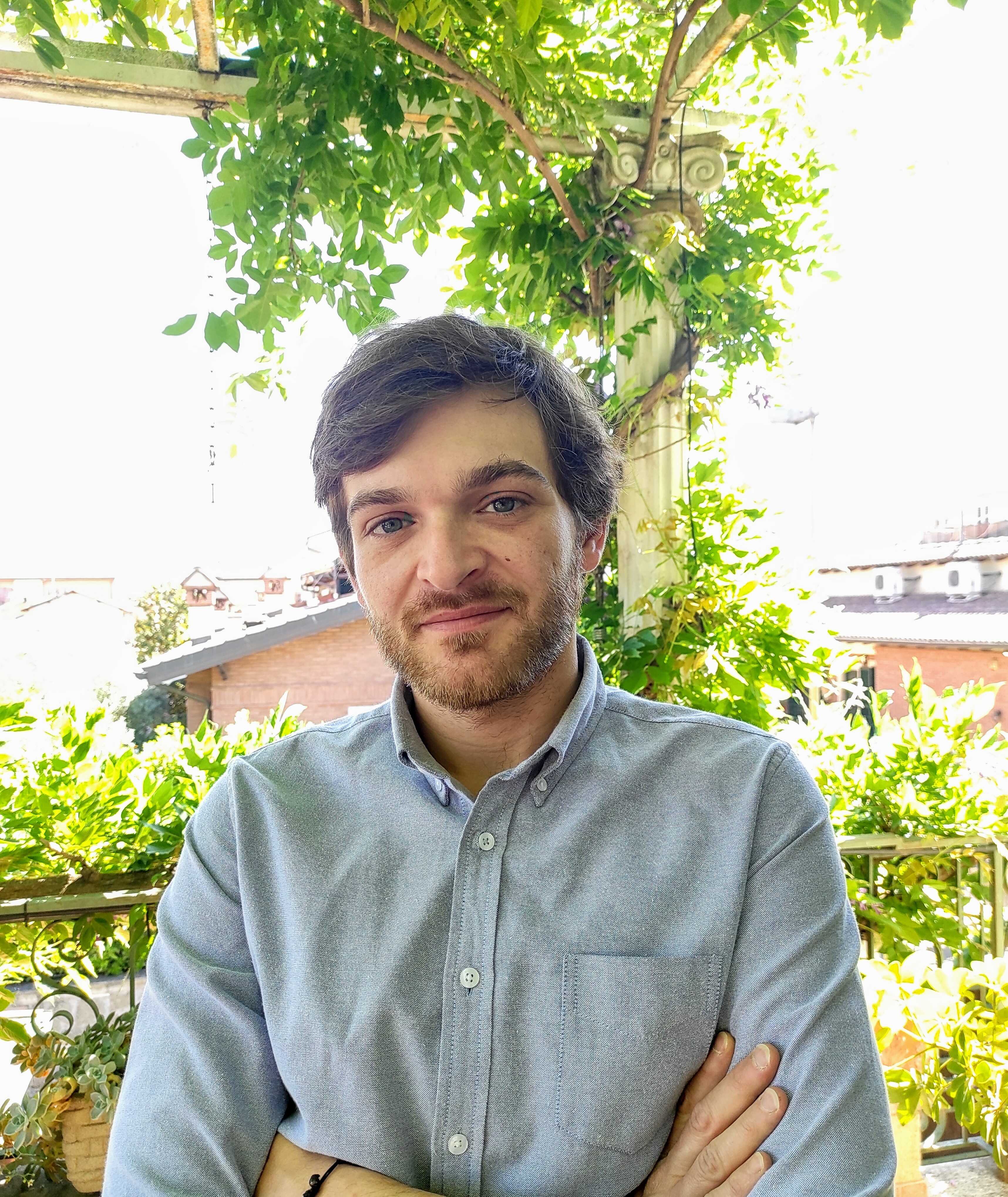
Davide Bellucci
I obtained a Ph.D. in Economics from the University of Turin in May 2020. I joined Lear as junior consultant in January 2020. Before, I worked as a consultant in the Research and Impact Assessment (RIA) division of the International Fund for Agricultural Development (IFAD) of the United Nations. I obtained my Master Degree in European Economy and Business Law (EEBL) at the University of Rome Tor Vergata in 2015 with a thesis on the liberalization process of the Italian tobacco market. I also completed the second level master in Development Economics and International Cooperation in the same University in 2016. I have recently won a research grant to work on the Italian Digital Media Observatory (IDMO) project at the University of Roma Tor Vergata.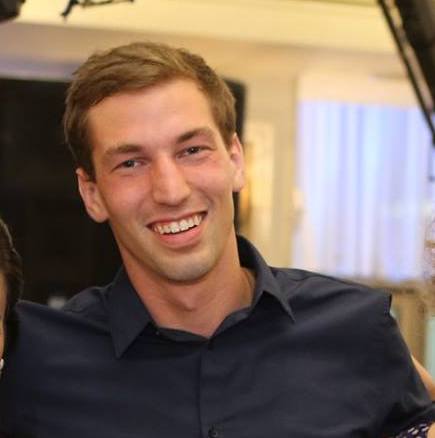
Eric Shuman
I recently completed my PhD student in social psychology at the University of Groningen supervised by Eran Halperin, Tamar Saguy, and Martijn van Zomeren, and am about to begin my post-doc at NYU with Eric Knowles and Harvard University with Amit Goldenberg. My research interests include collective action, emotions, and intergroup power relations. In particular, I am interested in different types of collective action (e.g. nonviolent, nonnormative, violent). My research examines psychological factors that promote support for these types of action, but also the effects and effectiveness of these types of action at motivating historically advantaged groups to address inequality. I study the predictors and effects of collective action both using traditional psychological lab and survey experiments, but also by examining the dynamics and reactions to real-world protests in surveys and on social media.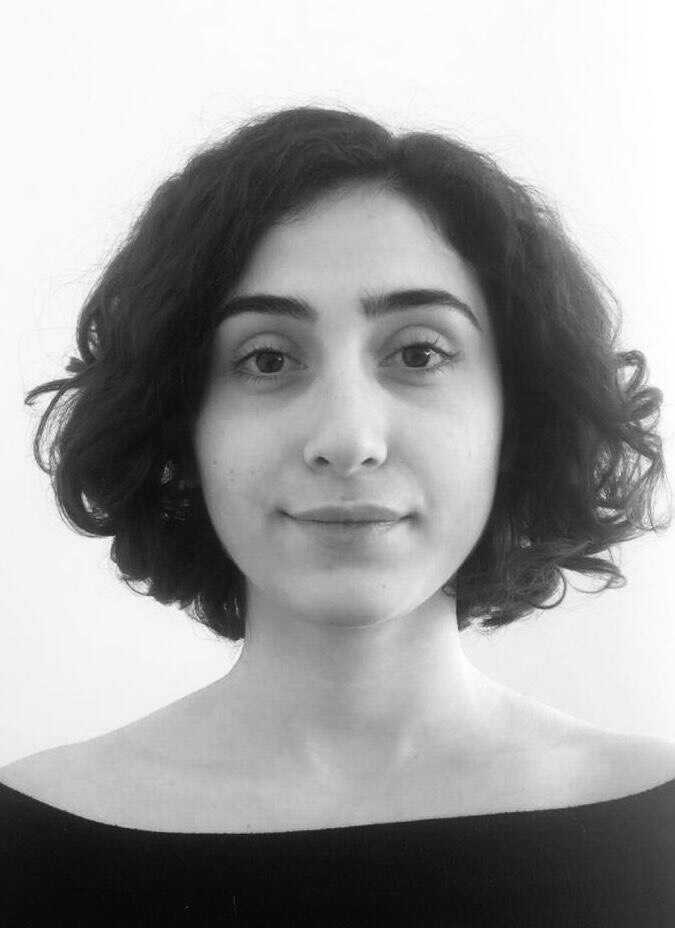
Esra Saçli
My name is Esra Saçlı. I am a senior International Relations student from Istanbul, Turkey. For my studies, I moved to Ankara, where I focused on the social and political history of the Middle East, propaganda, and social theories apart from my regular curriculum. Additionally, during my exchange semester at the Humboldt University of Berlin, I started to be interested in forced migration and R. Due to my background in Economics, the latter inspired me to expand my quantitative research methods by taking small steps in Phyton and R. Therefore, having an opportunity to join the SICSS community and expand my vision in Computational Social Sciences is thrilling for me. I look forward to gaining a solid knowledge of these tools before a Master's degree program, instrumentalizing them in my future research on migration and meeting like-minded fellow researchers. Apart from my studies, I enjoy learning Italian and German, taking photographs, travelling and exploring sound art.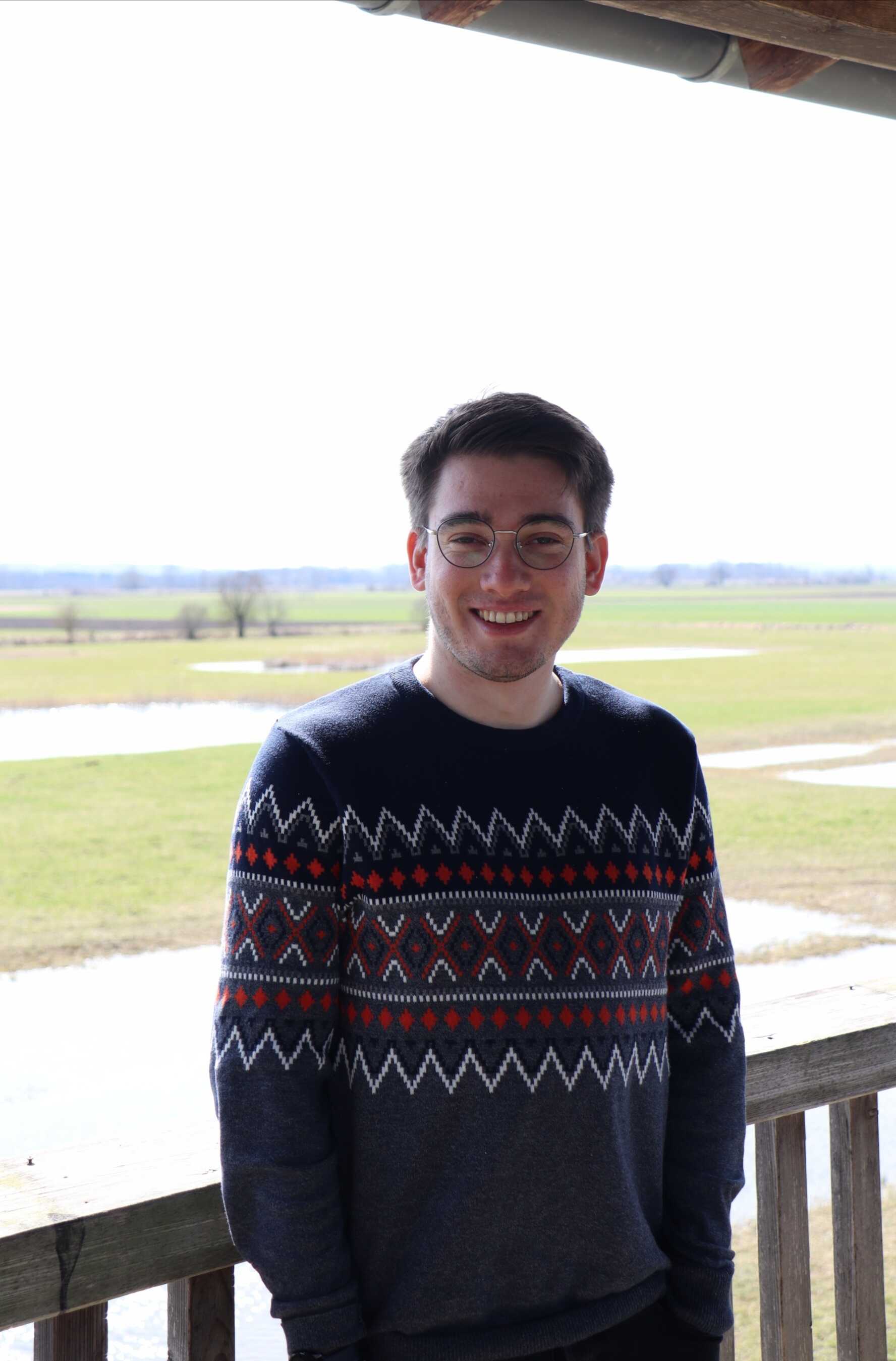
Florian Schmid
I am pursuing a bachelor’s degree in Sociology with a minor in Computer Science at Ludwig Maximilian University of Munich. I am currently writing my bachelor thesis about life satisfaction and physical attractiveness using quantitative methods. Apart from that, my research interests mainly extend to text mining, the use of Twitter data and game theory. Moreover, I work as a student assistant at the chair of Computational Social Science at Ludwig Maximilian University. There, I am involved in current research projects and support the organisation of a scientific workshop. One recurring theme in this context is the application of topic modeling to social science text data.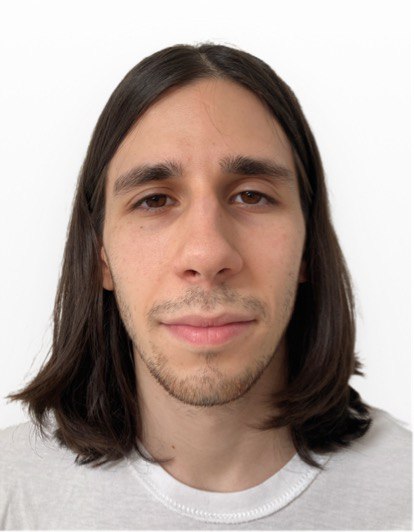
Francesco Maccarone
I am currently a graduate student in Sociology at Sciences Po, in Paris, and an intern at the Délégation à la stratégie et à la recherche of Bibliothèque Nationale de France. After a master’s degree in Law at the University of Turin, where I dedicated my final dissertation to the study of the activity of social problematization conducted by online moral entrepreneurs in the Italian criminalization process of so-called revenge porn, I am now working at the intersection of Bourdieusian field theory and science & technology studies on the theme of citizen science. I am additionally interested in digital sociology, both substantially and methodologically, particularly as for the investigation of social-media influencers' digital capital. Alongside sociology, I am passionate about cinema, with-or-without-music poetry, and symbols in general.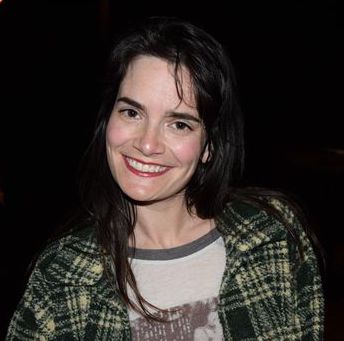
Gabrielle Poccia
I’m an incoming master’s student at Oregon State University, where I will hold an assistantship in the Public Policy Laboratory. I earned a BA in Urban Studies and Planning in San Francisco, studying homelessness and emergency housing policy during the COVID pandemic. My research interests include data production from the state of Oregon, where drugs have been recently decriminalized, drug policy reform, and counteracting the racist system of mass incarceration. I am also a stand-up comedian and dedicated to the free exchange of ideas.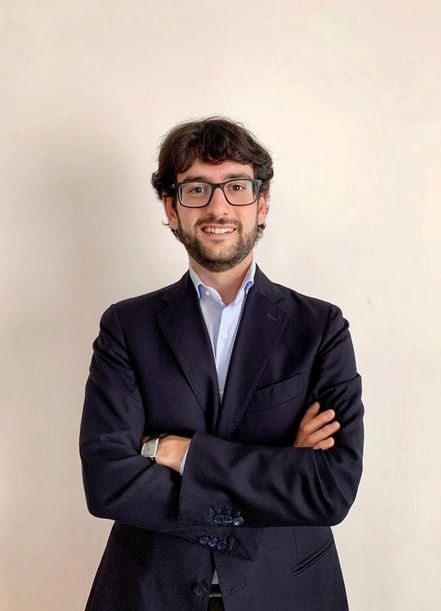
Giovanni Burro
I’m a post-doctoral fellow in the Department of Finance of Bocconi University. I hold a PhD in Statistics, with a minor in behavioural science, from the University of Warwick. My research interests are focused on the behaviour of economic agents. They span several fields. First, I do research in behavioural finance. My works investigate the behaviour of individual financial traders and the disposition effect. Second, I work on different aspects of judgement and decision making: i) how patience interacts with age and economic conditions; ii) ambiguity attitudes towards financial products and how they relate to financial literacy; iii) how memory affects probability judgments of unexpected shocks, like Covid. Third, I work in the field of socio-economics. More specifically, on happiness economics, and on deception in economic interactions. I work with observational, survey, and experimental data. I employ a mix of techniques from survival analysis, causal inference, and machine learning.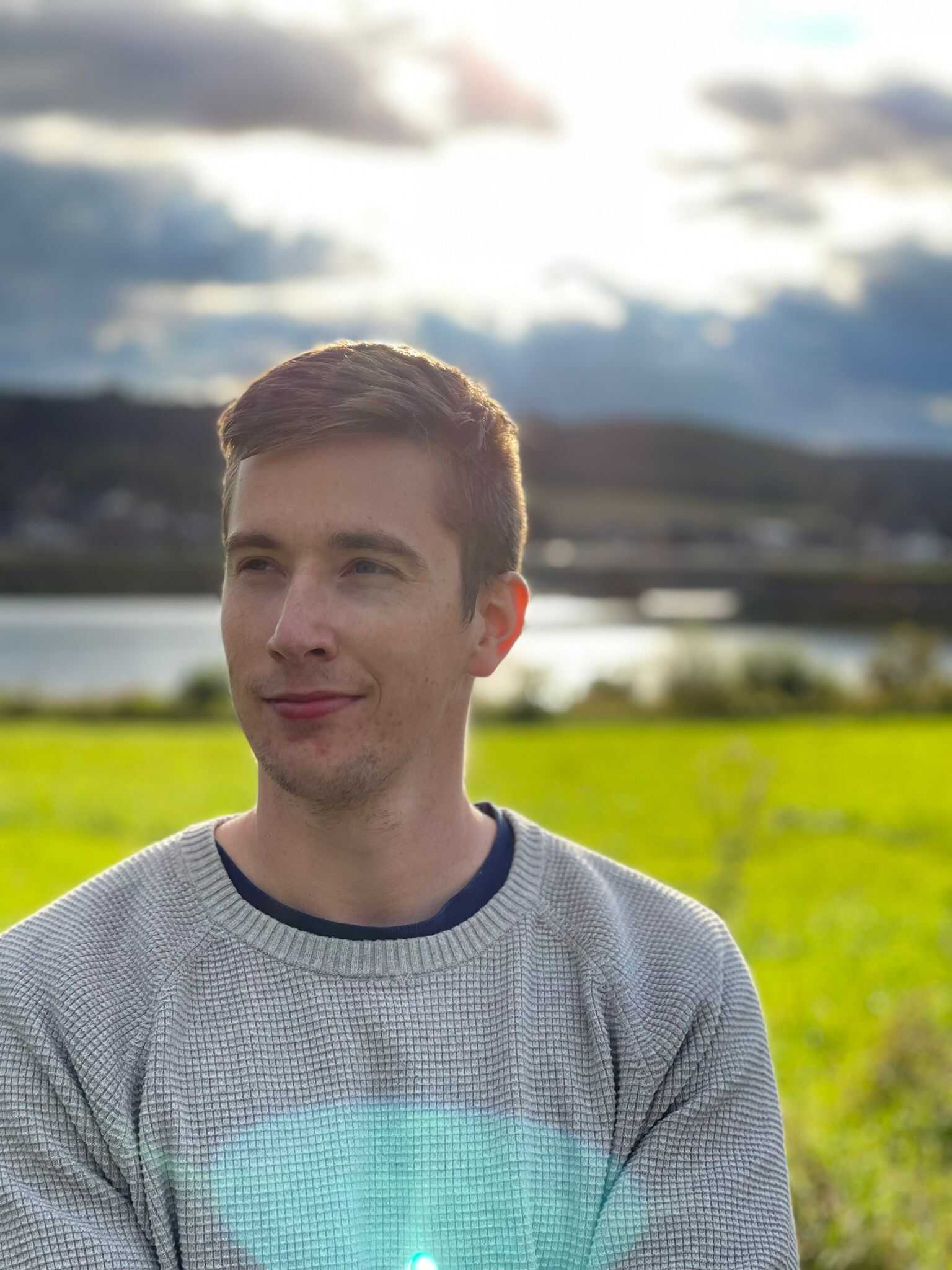
Jonas Schoene
I am a doctoral student in Experimental Psychology at the University of Oxford supervised by Prof. Brian Parkinson and Prof. Amit Goldenberg.In my research I investigate the spread of emotions in groups on- and off-line, specifically the reason why negative emotions tend to spread faster, and the factors and consequences of this spread. To answer these questions I use mixed methods, combining traditional psychological research techniques with modern computational social science approaches. Prior to my doctoral studies I obtained a B.Sc. in Business Psychology and researched emotions at the Stanford University, Norwegian Cyber Defense Force, and the Leicester City Football Academy.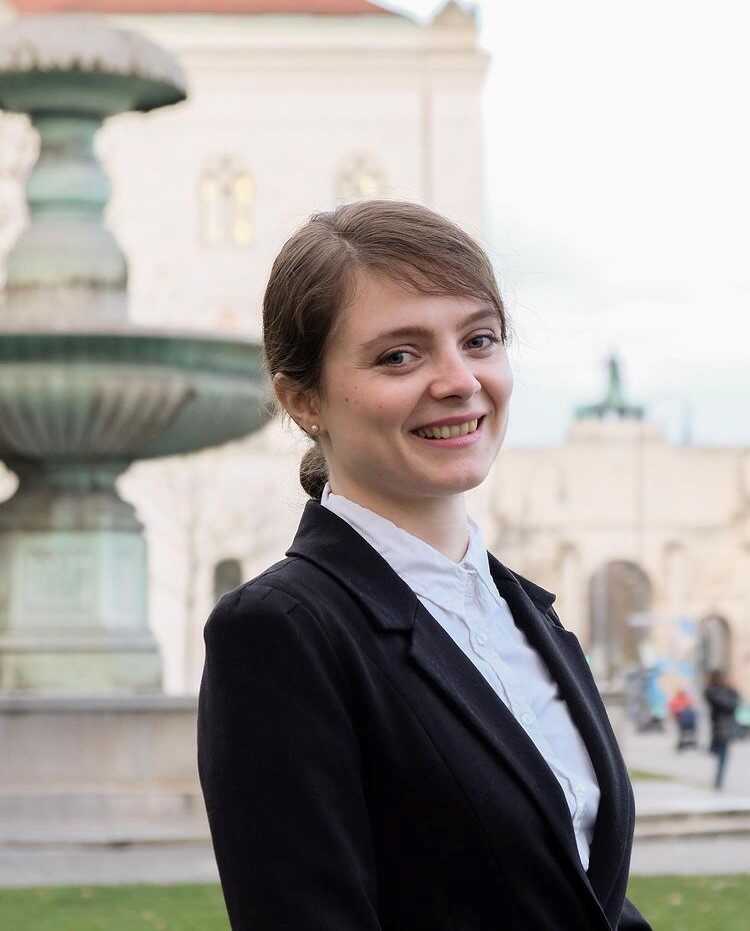
Katharina Lillich
I’m currently pursuing a bachelors degree in Sociology and Computer Science at the University of Munich. My research focuses on the use of digital methods for social science research with text as well image data, human-animal-studies, and the broader topic of sustainability. I am a research assistant at the Chair of Computational Social Sciences at the University of Munich.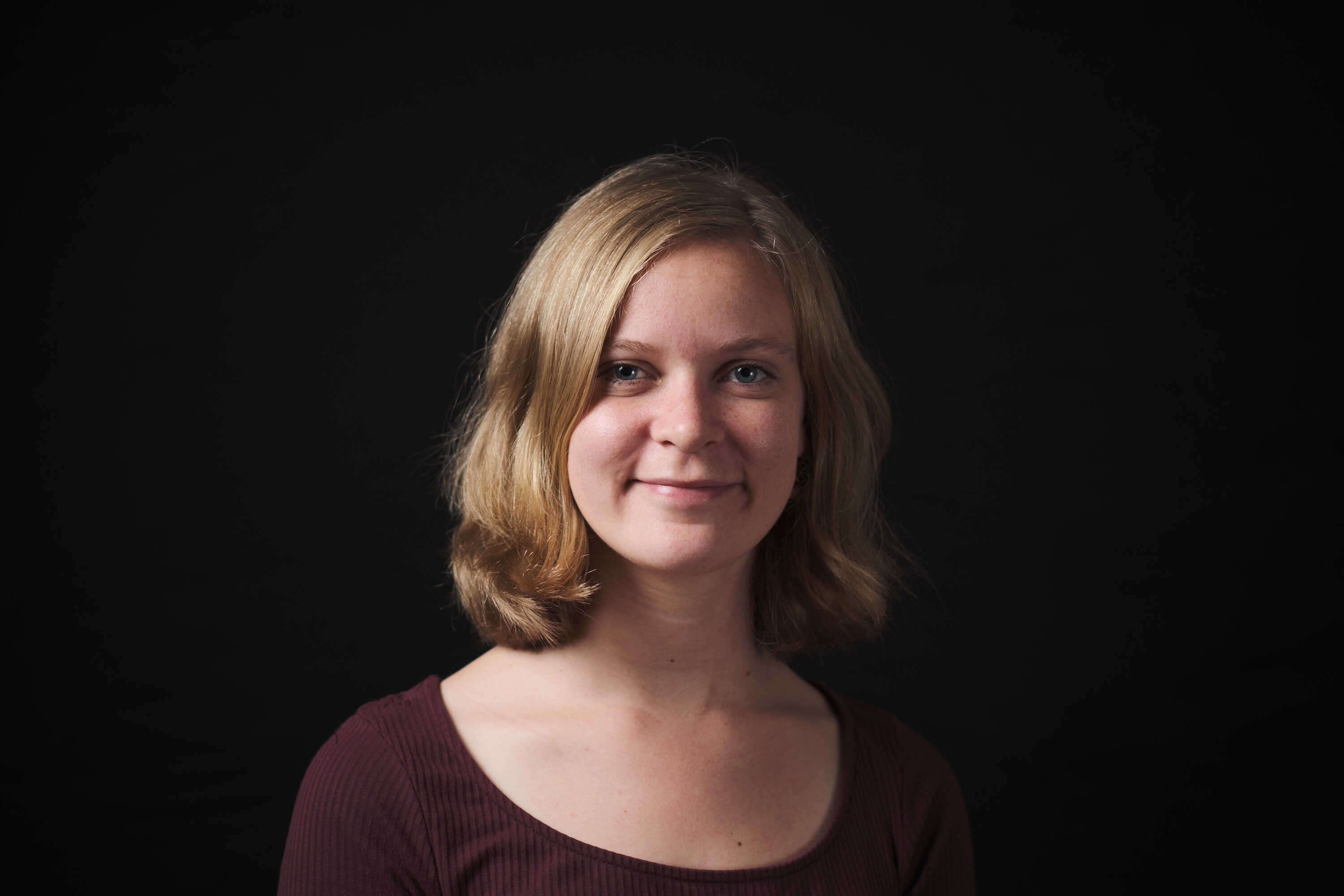
Malene Hornstrup Jespersen
I’m a PhD student in Social Data Science at the University of Copenhagen. The PhD forms part of the ERC-funded project DISTRACT: The Political Economy of Attention in Digitized Denmark. I hold a BSc in Anthropology and I’m currently finishing my Master’s degree in IT and Cognition alongside my PhD studies. My research focuses on digital disconnection practices as well as discourses and values tied to these practices. I employ methods from both traditional social science and computational social science in my research, spanning classic surveys, natural language processing techniques, and quali-quant studies mixing ethnographic interviews with tracking of digital use habits.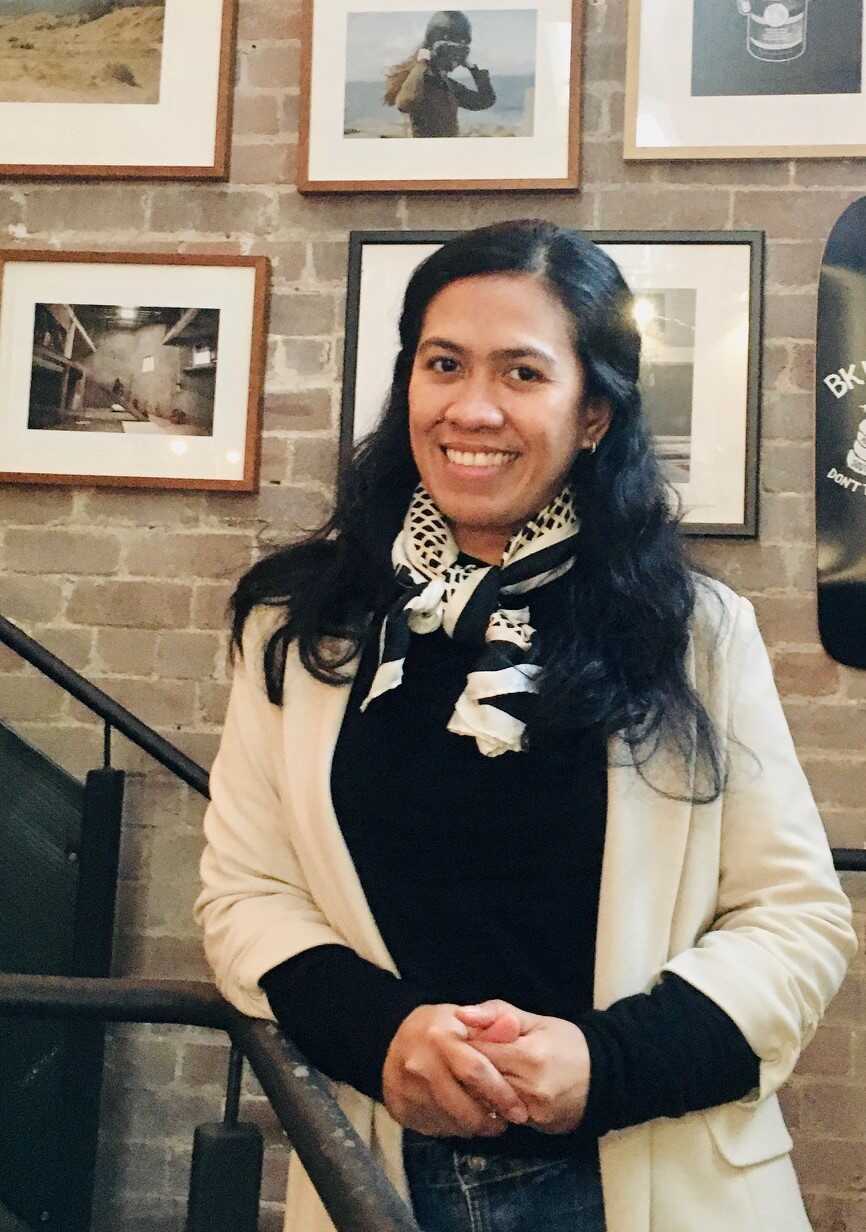
Maribel Dano-Luna
I’m a PhD Candidate from the School of Economics at the University of Sydney. My PhD research is in modelling inclusive firms and empirically testing the implications of an inclusive business accreditation policy on firm behaviour, social welfare, and incentive design. I have previously conducted research on the drivers of SME competitiveness as a former Senior Researcher at Asian Institute of Management RSN Policy Center for Competitiveness. I was also a consultant at Asian Development Bank.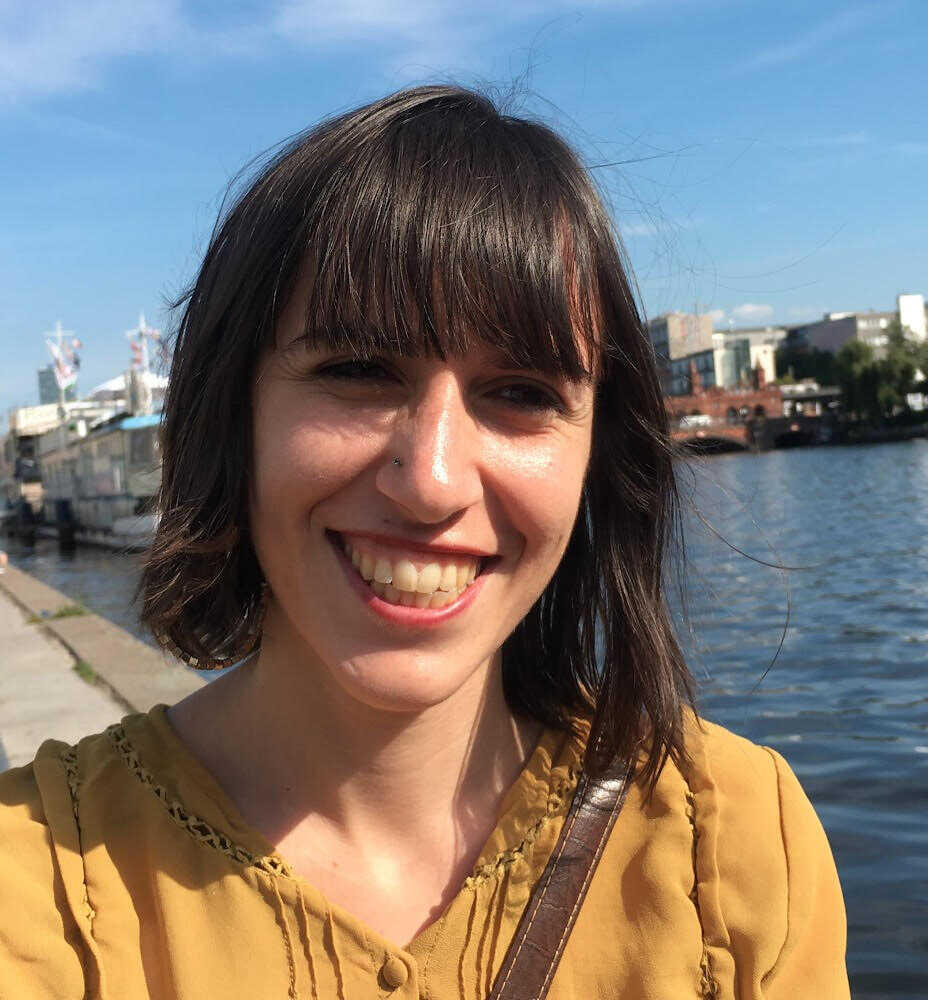
Nantina Vgontzas
Nantina Vgontzas received their PhD in sociology from New York University and is a postdoctoral researcher at the AI Now Institute. Their research sits at the intersection of global political economy, technology, and labor. Currently, they are writing a book about the shopfloor politics of retail supply chains as it relates to crises in care and climate infrastructures. Nantina was previously a fellow at the Urban Democracy Lab and Center for Engaged Scholarship.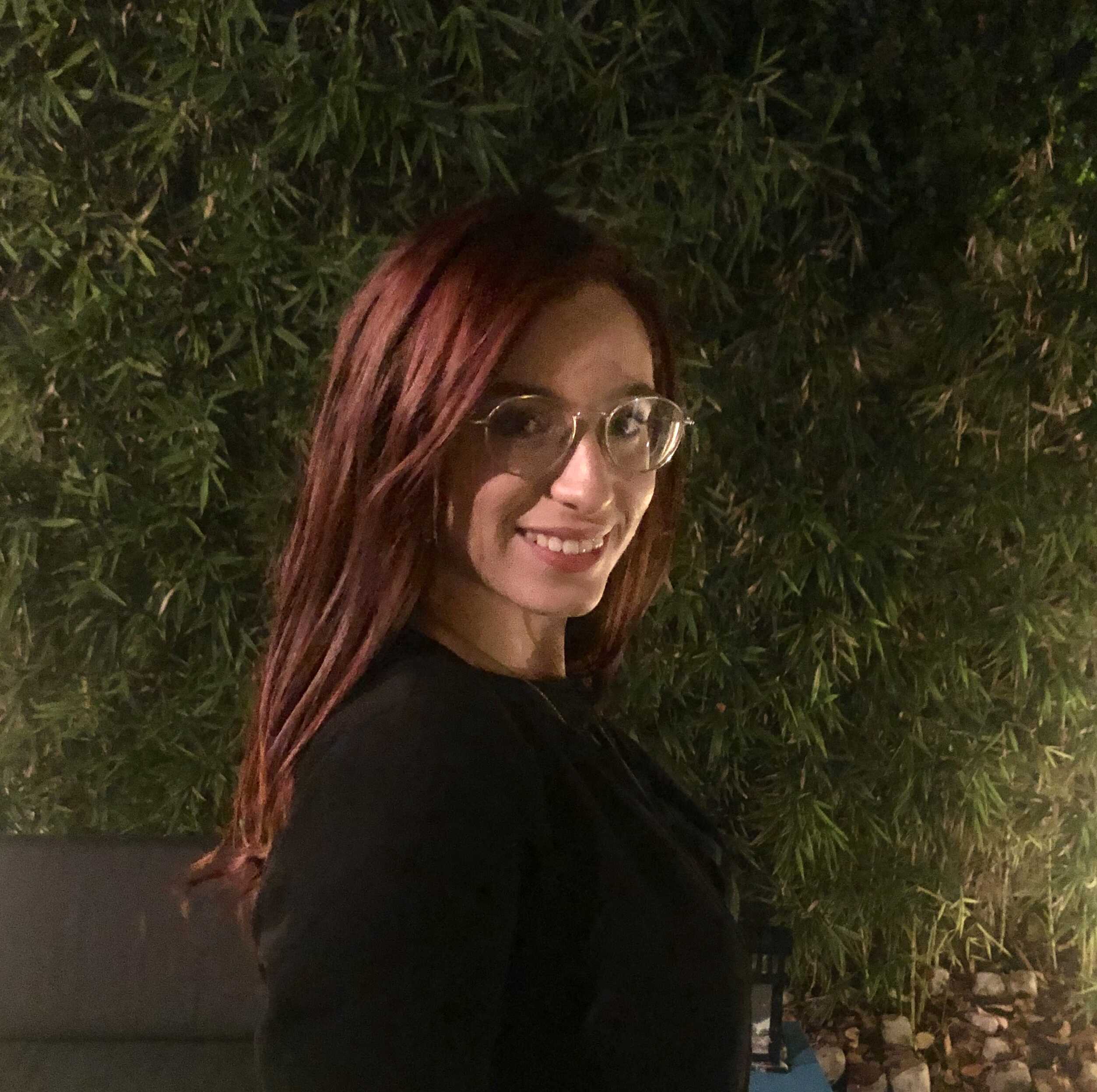
Oriana Milanese
I am an Italian student in “Global Governance” at the University of Rome “Tor Vergata.” I have always been interested in social sciences. One of my main purposes has always been to understand how the world works. Before studying statistics, I used to think that numbers were mainly related to natural sciences only, but this subject showed me the importance of quantitative methods in social sciences as well. Furthermore, as an intern in an NGO, I discovered the importance of data to assess the quality and the impact of all those kinds of third sector programs aimed at improving the well-being of people. Thus, these “discoveries” made me think about a future career in the field of public policy and economics. For all these reasons, I decided to join the SICSS in Rome. Learning a new programming language and discovering a new and truly interdisciplinary subject, such as computational social science, will be highly beneficial for my academic and professional future. Last but not least, I can’t look forward to being part of such a heterogeneous class and meeting new people from all over the world!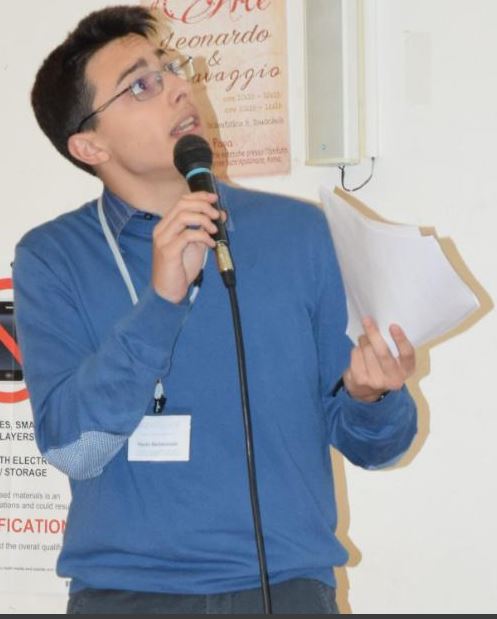
Paolo Barbaranelli
I am a second year student of the undergraduate degree in Global Governance, an interdisciplinary course of studies in Political Science. I have attended a scientific high school, acquiring a preparation both on quantitative methods but also on the humanistic perspective, and starting to be interested in social sciences. During my bachelor degree, I had the opportunity of attending courses regarding different fields of study: in particular, I started to be interested about economics, with a special focus on the behavioural approach to the discipline and thus on the research on the decision making process of the individual in different contexts and conditions, which I intend to deepen in my future studies. During my undergraduate degree I also have the chance of deepening my knowledge in other fields of research such as statistics and philosophy, which are often the subjects of the books that I read and that I alternate with novels. Aside from reading, another interest that I have developed is writing.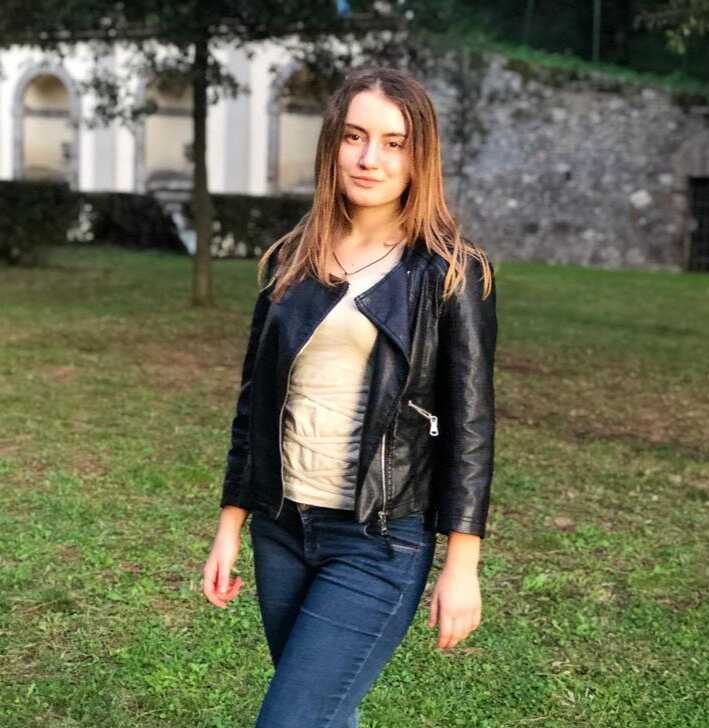
Rebecca Florea
I am a first year student of Medicine and Surgery in Tor Vergata. I attended a scientific high school which gave me the basis of the scientific method and a particularly developed scientific mindset. I consider that to face the different kinds of problems of any field of expertise a variety of specific languages to suit the different faces of the problem. These can be achieved only by gaining an interdisciplinary path, so my interests vary from human body, to maths, to social sciences (I attended many United Network activities both as a participant and a staffer) to singing and others. I am looking forward to working and studying with interesting people on the problems given by the SICSS and to learning and discovering aspects of the reality that show the way humans behave, which is one of the most fascinating things for me.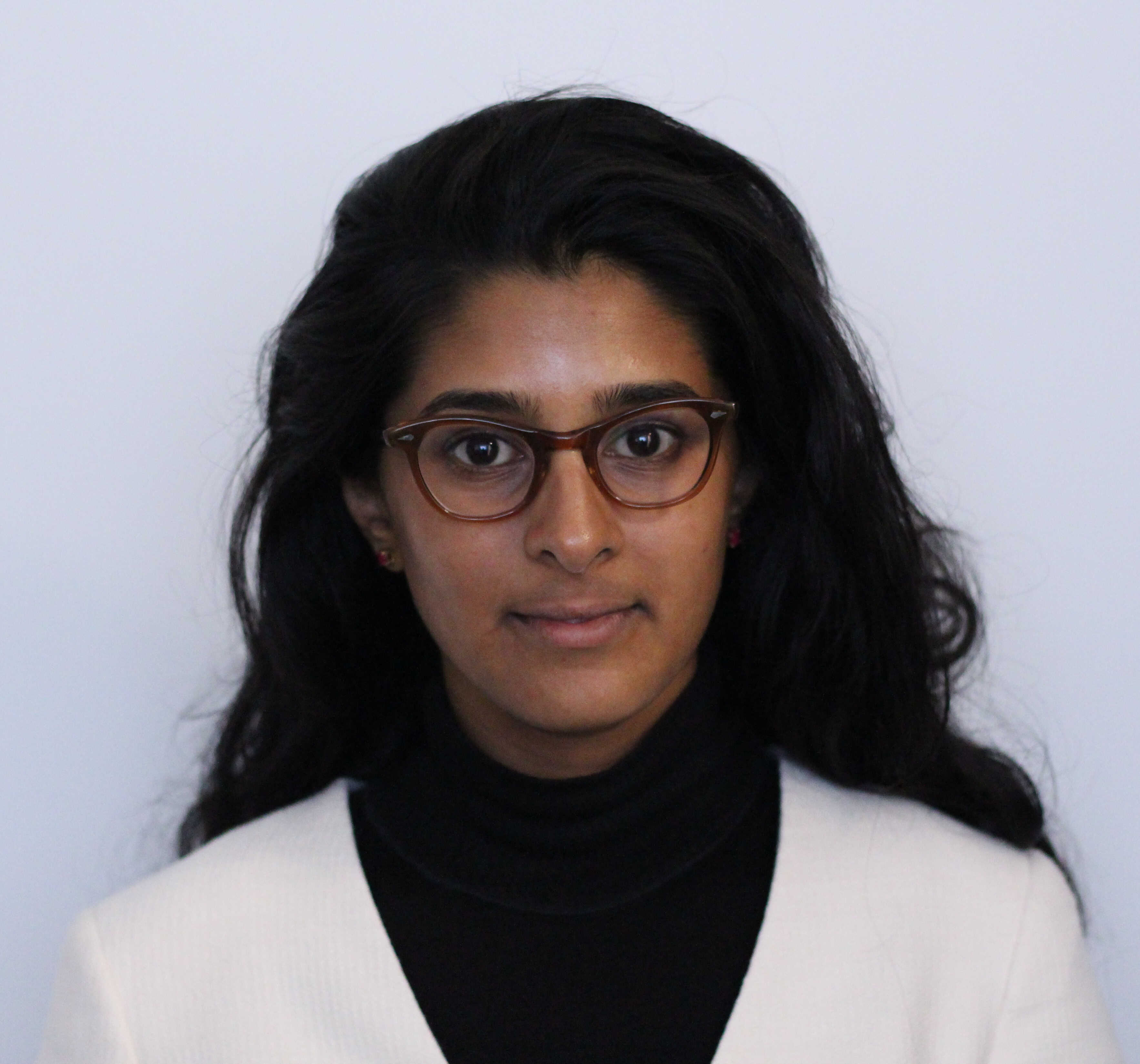
Shazeda Ahmed
Shazeda is a doctoral candidate at the University of California Berkeley School of Information, and a postdoctoral researcher at Princeton University's Center for Information Technology Policy. Shazeda's doctoral dissertation investigates how tech firms and the Chinese government are collaborating on the country’s social credit system. Her additional work focuses on perceptions of algorithmic discrimination and emotion recognition technologies in China, as well as applications of artificial intelligence in Chinese courtrooms. She was a pre-doctoral fellow at two Stanford University research centers, the Institute for Human-Centered Artificial Intelligence (HAI) and the Center for International Security and Cooperation (CISAC), and has previously worked as a researcher for Upturn, the Mercator Institute for China Studies, Ranking Digital Rights, and the Citizen Lab, and the AI Now Institute.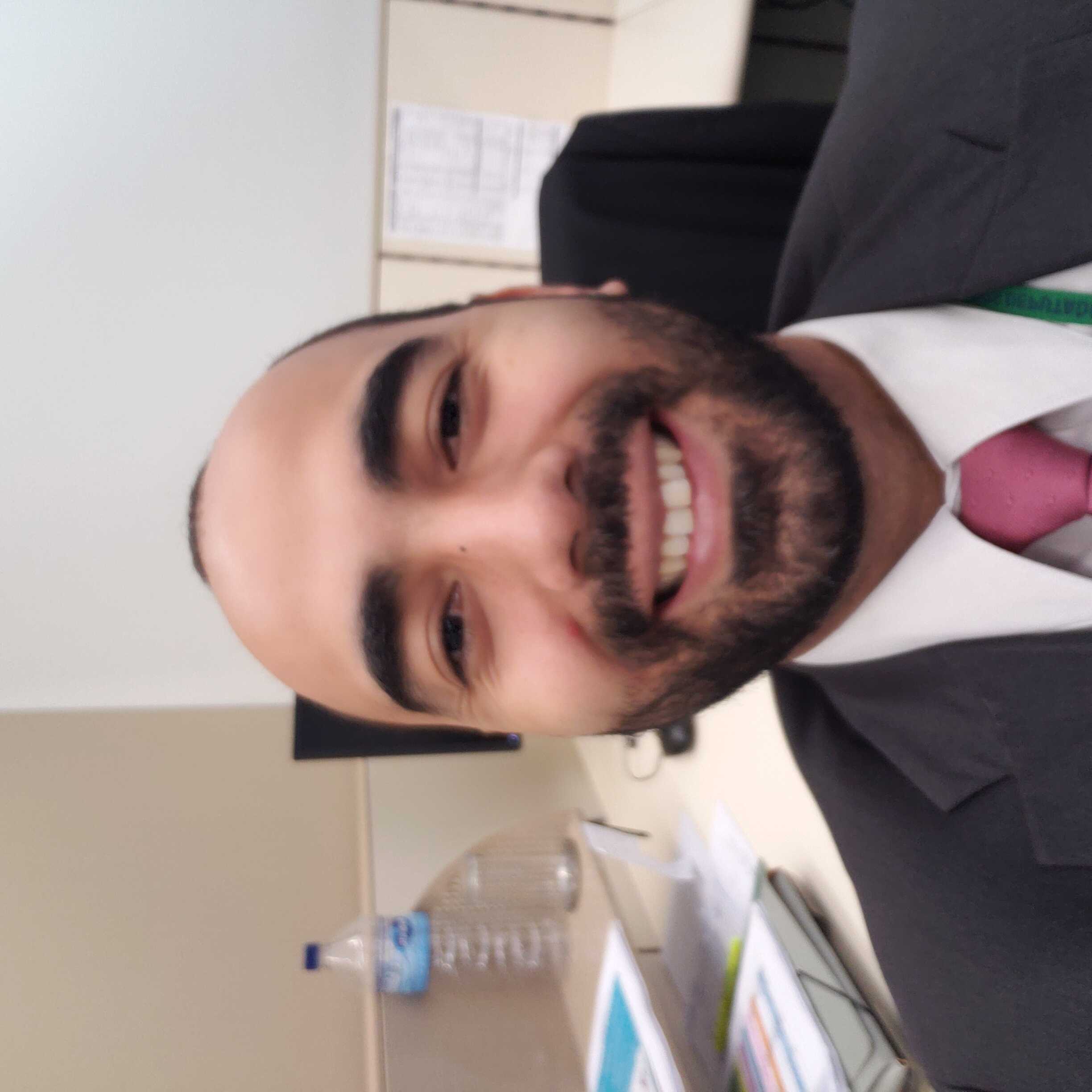
Thiago Matheus
I have been a Legislative Analyst at the Brazilian Chamber of Deputies since 2013, when I started my studies in Electoral Law and Political Science and developed my interest in applying statistical and computational sciences in this area. My research is focused on the relationships between electoral and party systems. The thesis of my current Professional Master seeks to study the coattail effect of local elections in the fragmentation of the Brazilian Legislative Branch. I am interested in research related to underrepresented groups in politics too. My educational background also includes a Bachelor's degree in Physics and Statistics, having completed a Master in Physics in 2008. I had professional experience as a Physics teacher at the Brasília Department of Education for two years and as a statistician at the Superior Labor Court between 2008 and 2013. In 2017, I obtained the bachelor's degree in law with a thesis that analyzed the proceedings in the National Congress of the project about the SNTV (Single Non-Transferable Vote).